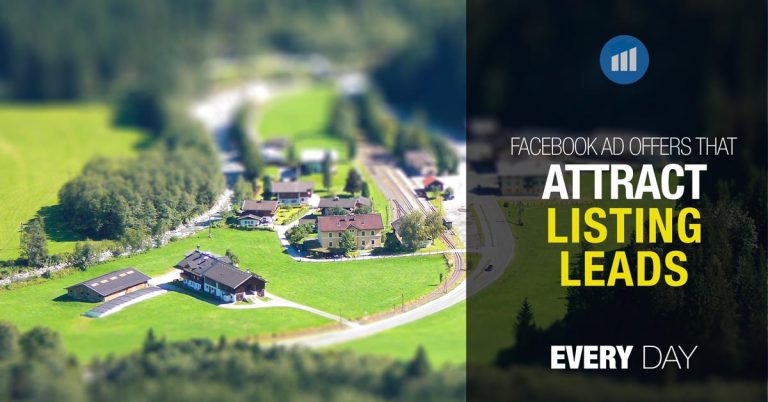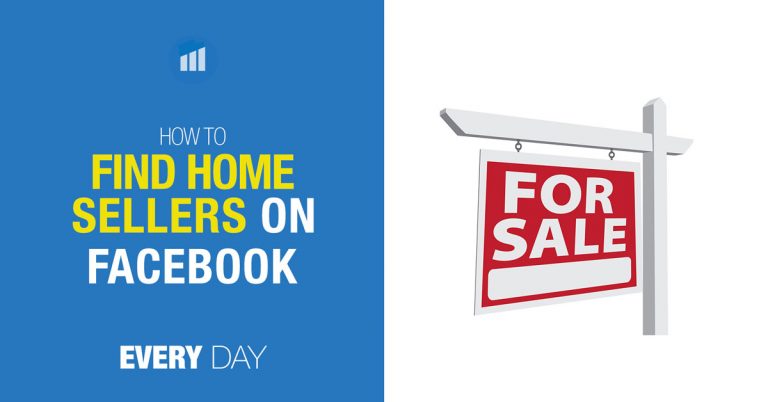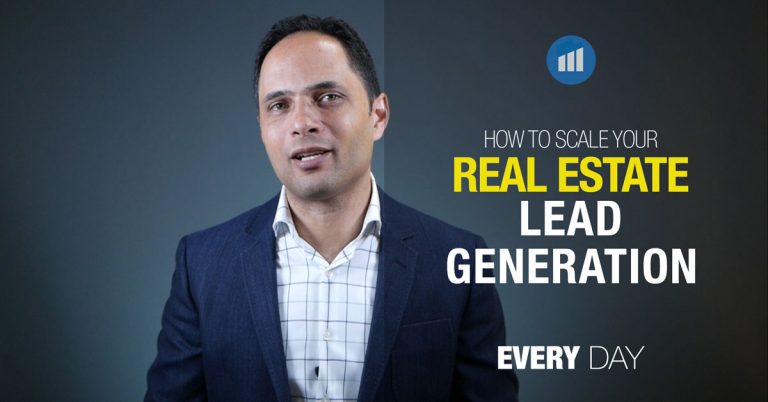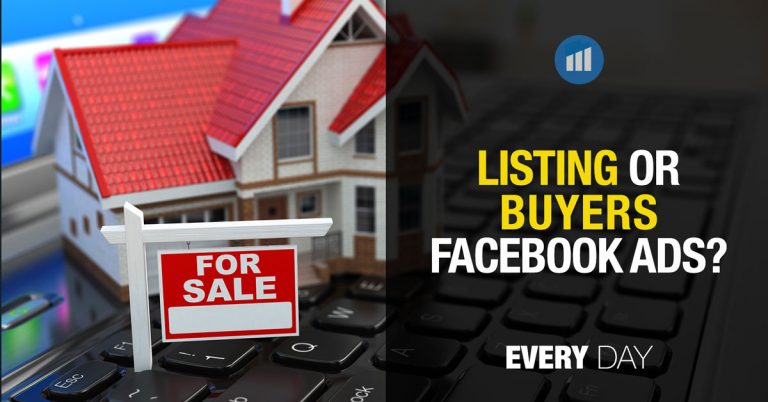For years, Google Adwords has been the go-to platform for businesses who want to buy leads. It was very cheap and predictable. You put X amount of dollars in and got Y leads out. Pretty straightforward and powerful.
Over the last few years, Google Adwords has become very expensive and very competitive. The big players are using it more and more which is pushing the prices up. Smaller businesses with smaller budgets have seen the effect of the competition by a decrease in the effectiveness of their investment.
But as Google Ads has become increasingly ineffective for some marketers, Facebook Ads has taken its place becoming the preferred platform for lead generation for many marketers.
Let me explain the differences between the platforms before we move on. Google Adwords and Facebook Ads are entirely different beasts. Google Adwords uses an intent-based approach.
When a user searches on the platform, they have an intent. They either want to research a topic or buy a product. The users who want purchase a product are identified by the words they type into the search box. They are directed to sales pages displaying the product they are searching for.
Facebook Ads, on the other hand, use an interruption based approach. An advertiser interrupts a user as they scroll through their Facebook feed by displaying an ad. I know it doesn’t sound as compelling as Google Adwords intent-based approach, but it is highly effective because of targeting.
The marketer can target users on the Facebook platform by their interests. So if you get the targeting right, your ads are only displayed to people who are interested in what you are promoting.
Here is an important tip, the Facebook Ad platform is not a place to make sales. The best way to use Facebook Ads effectively is to capture leads on the platform and then take the sales process off Facebook.
Google Ads are still ideal for e-commerce sites targeting people who are ready to buy a product now, but Facebook Ads are much better for lead generation because of the following reasons.
They Are Cheap
I have done lots of comparisons between Google Adwords and Facebook Ads for lead generation and the cost per leads for B2B businesses for Facebook Ads can be as low as $1.25. Google Adwords are significant more with a wider range of $15 to $50 per leads.
One of the reasons the difference is so great is with Google Adwords the cost per click for many B2B businesses is very high. The range can be as high as $15 – $30 per click. To capture a lead at $15 per click can be $40 per lead if you get a 25% conversion on your landing page.
Facebook Ads is just so much cheaper with cost per lead for my campaigns ranging from $1.25 – $5.50.
I consider a lead captured when I have the contact details of a prospect in my email marketing list.
Targeting Is More Precise
With Google Adwords, you target a user by the search term they type into the Google search box. That is all. With Facebook Ads, you can target a user by hundreds of data points.
Armed with this data you can target your perfect prospect much better than Google Ads. Google Ads is more like a shotgun approach, and Facebook Ads is better compared to a sniper rifle. This is why Facebook gets such a low cost per lead compared to Google Adwords.
Better ROI
As you can see by the numbers above Facebook Ads, have a much better return on investment (ROI).
If you can generate 100 leads for close to $100 and convert 5% of those leads into clients, you will have five new customers for $100. If you are in a B2B business, the cost per lead may be bigger, but your revenue per sale will also be larger.
More Measurable
Facebook Ads are more measurable than Google Ads because Facebook knows everything about each user that clicks on your ad. Most of the time Facebook knows if the person who clicked on your ad is:
- A male or female
- Where they live
- Who their friends are
- The job they have
- At times their income
- How many kids they have
- Are they married or single
- their favourite bands, movies, and TV shows
- and much, much more
Facebook can show you a breakdown of your ad campaigns using much of this data so you can make better decisions about how to target your prospects with the next ad.
Google does not know this much information on each person clicking on their ads, so the reporting is much more primitive and doesn’t help you drive better decisions like Facebook does.
Retargeting is much more powerful
Facebook Ads retargeting platform is so much more compelling than Google Adwords. Some of the retargeting options you have with Facebook Ads are:
- Show an ad to people who have clicked on an ad before
- Show an ad to people who have clicked on an ad before but didn’t purchase or convert to a lead
- Show an ad to people who have watched the first 10 seconds of a video
- Show an ad to everyone who has visited your website in the past 60 days
- Show an ad to everyone who has visited a specific page on your website in the past 60 days
- Show an ad to everyone who has visited a specific page on your website but not another page in the past 60 days
- You can import a list of email addresses from your contact list on Facebook and show an ad to them
You can create sales funnels on Facebook, which track users based on their interaction with your business on the platform and your website. These funnels can be automated and show different ads depending on how they interact.
There is no way to do any of this on Google Adwords.
Conclusion
Google Adwords is still effective for businesses with larger budgets and e-commerce sites. Facebook Ads is working for businesses of all sizes and is particularly good for lead generation because of the powerful targeting, how measurable they are, and it’s innovative retargeting features.
Let me know the in the comments if you, like many businesses are moving your budgets from Google Adwords to Facebook Ads.




